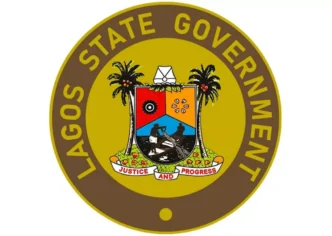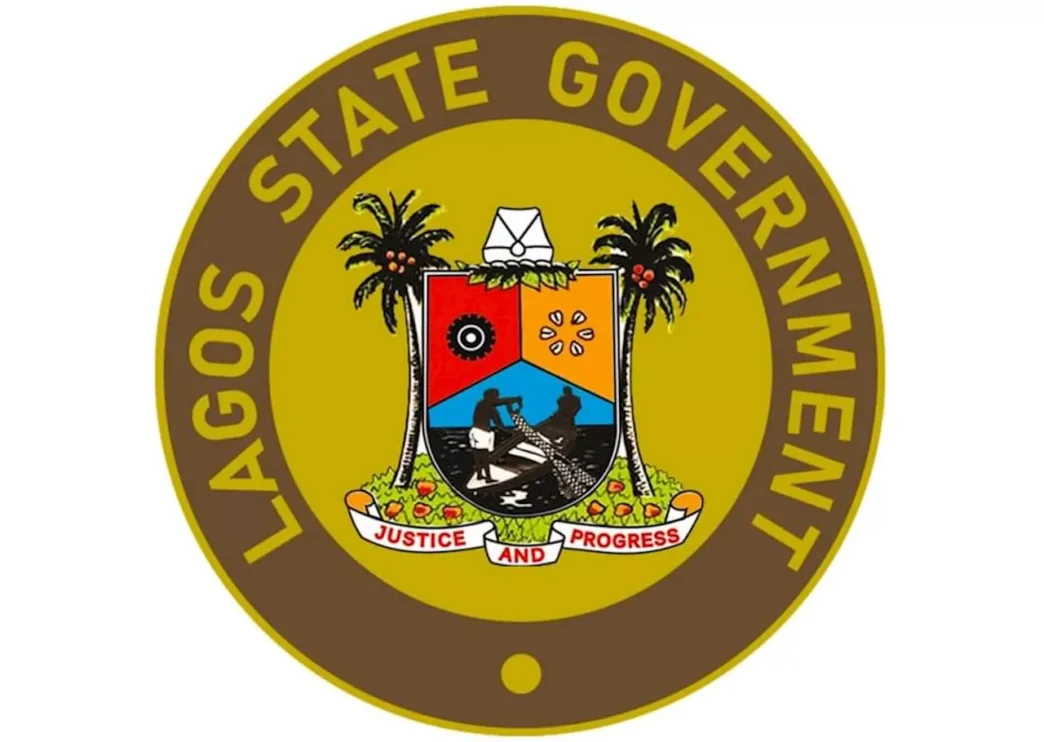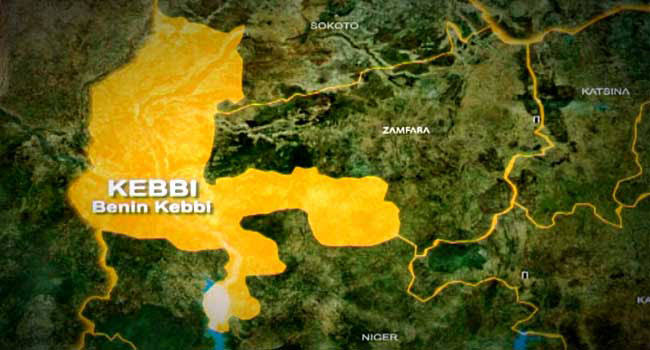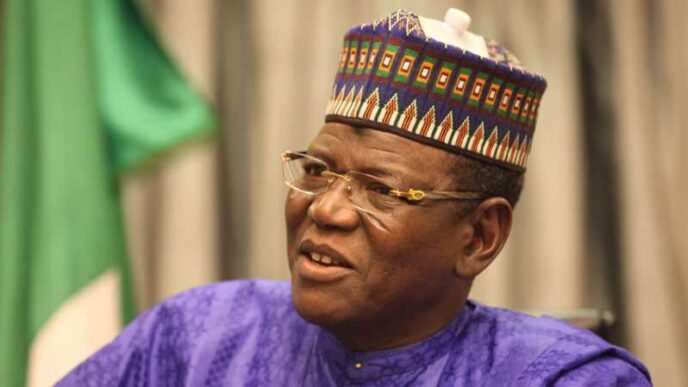The Lagos State Government has reached a major breakthrough in its water infrastructure drive, completing the installation of the final Ductile Cast Iron (DCI) pipe in the ongoing Adiyan II Water Project.
The achievement signals a crucial step toward expanding access to clean and safe water across the state.
Confirming the development on Saturday through his verified X handle, Commissioner for the Environment and Water Resources, Tokunbo Wahab, described the accomplishment as “a significant step forward” in Lagos’ plan to deliver reliable water infrastructure to residents.
According to Wahab, the latest progress highlights the government’s resolve to modernize its public water supply system and reduce reliance on private boreholes.
Announcing the development, Wahab shared: “Good news from our water infrastructure front! The last DCI pipe (pipe no. 944) has been successfully installed yesterday, October 24, 2025, a major milestone in the ongoing Adiyan II Water Project.”
He revealed that the 8-kilometre transmission pipeline has now been fully extended to Akute.
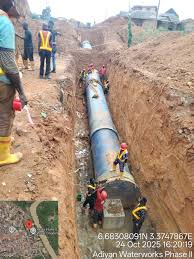
“The 8km transmission pipeline has now reached Akute, bringing us closer to delivering an additional 70 million gallons of potable water per day to Lagos residents once completed,” Wahab added.
The commissioner noted that the installation is a crucial indicator that the project, long in development, is nearing completion.
When fully operational, the Adiyan II Water Project is expected to deliver approximately 70 million gallons of potable water each day.
The state government views the project as part of a wider effort to address water supply challenges in Africa’s most populated city.
Wahab emphasized that the administration of Governor Babajide Sanwo-Olu remains determined to strengthen infrastructure that directly improves citizens’ quality of life.
He explained that the project forms part of a broader plan to rebuild the city’s water network and ensure equitable access to safe drinking water.
Furthermore, the initiative aims to close existing supply gaps, improve pressure in urban pipelines, and limit environmental risks caused by over-reliance on groundwater extraction.
He added that the progress demonstrates how long-term planning and consistent investment can help the state manage the growing demand for public utilities.
